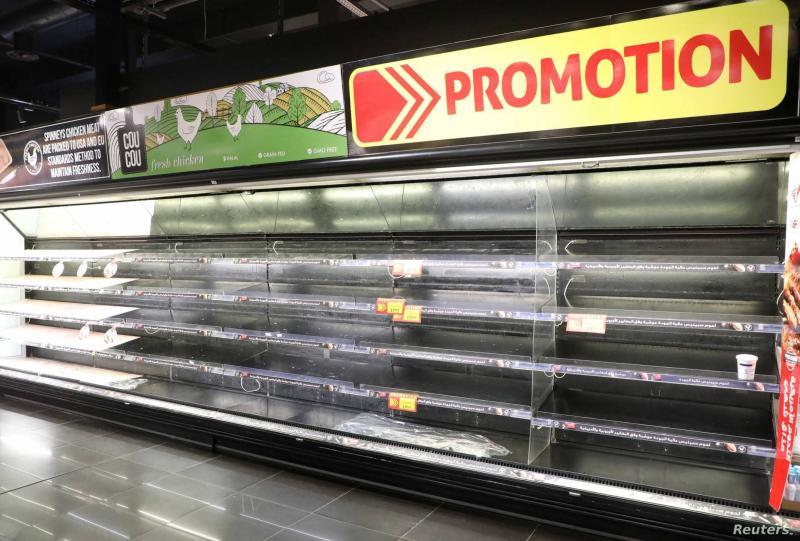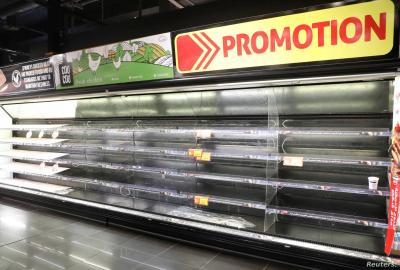The newspaper "Anbaa" reported: Following the Gulf diplomatic return to Lebanon, the Lebanese people sensed optimism with assurances regarding the full commitment to the Kuwaiti initiative. These are clear Gulf steps that reaffirm their presence in the Lebanese arena, manifested in the iftars and meetings held by Saudi Ambassador Walid Bukhari and Kuwaiti Ambassador Abdul Al-Qanai. These steps have positively affected the overall political and social situation, while diplomatic movement will continue in various directions, particularly with the Saudi ambassador preparing for tours in different regions. His meeting with the French ambassador on Thursday was particularly significant in terms of setting a date for launching the Saudi-French cooperation fund to provide assistance to the Lebanese.
Informed sources revealed to "Anbaa" online that the meeting included confirmations about the necessity of conducting constitutional deadlines on time, especially parliamentary elections, which are the most crucial deadlines based on which the political and constitutional features of the next phase in Lebanon will be determined. There is a clear Saudi effort to energize the Sunni environment in the face of all attempts by Hezbollah to penetrate or exploit the existing vacuum. Hezbollah's efforts to marginalize its opponents while seeking to record further penetrations into other environments are no longer secret.
The sources indicated that encouraging Lebanese, particularly Sunnis, to participate heavily in the electoral process was evident in Bukhari's meetings with the muftis and various personalities. This will be more apparent in upcoming tours directed towards Tripoli and Bekaa, amid a clear Lebanese conviction that not hesitating and rushing to the polling boxes could lead to achieving very high numbers. There is a serious and genuine ability to prevent Hezbollah from obtaining the parliamentary majority, which depends on two points: the management of the electoral battle and high participation in the voting process.
While the Gulf return represents a Lebanese bet to prevent a vacuum in the face of attempts to abduct Lebanon, the remarks of the head of the Democratic Meeting bloc, Deputy Taymour Jumblatt, during a tour in the villages of Shouf, were striking. He stated: “Arab countries had decided to step back a bit due to the policies of Iran and Hezbollah, and we thank God for their return to Lebanon and their investment in it, hoping this would create some balance.” He affirmed that “our battle today is not just the battle of the Mukhtara or Shouf or our existence in this beautiful region, but our battle is the battle of the entire country. It is the battle of reconciliation Lebanon, coexistence Lebanon, diverse Lebanon, and it is a battle of environment, education, reform, sovereignty, a battle of the people, a battle for a nation or what remains of the nation and its institutions.”
On the other hand, "Anbaa" online noted that Prime Minister Najib Mikati is seeking to make foreign visits, particularly to Gulf countries. He aims to spend the last ten days of Ramadan on his Gulf tour, which will include a visit to the Kingdom of Saudi Arabia to perform Umrah, while also aiming to hold meetings with Saudi officials and arranging visits to Kuwait and the United Arab Emirates.
Simultaneously, the signs of collapse dominate the Lebanese scene along with the necessity of taking internationally required reform measures, including the approval of the public budget and capital control. In this context, parliamentary sources revealed through "Anbaa" online that "the new version of the capital control law sent by the government was discussed item by item in the Finance and Budget Committee, which made some amendments, and it was referred to a joint committees session for additional modifications."
It was noted that "if the joint committees approve the law next Wednesday, it is supposed to be referred to the general assembly where it is expected to be approved. However, if it is not approved in the committees' session, that would mean postponing approval until after the elections," pointing out that "the likelihood of approval in the committees' session is equal right now."
Most importantly, it remains that any capital control approved should not distort Lebanon's economic and financial system and should not be unjust to depositors, as their rights are sacred and should not be violated in any form.




